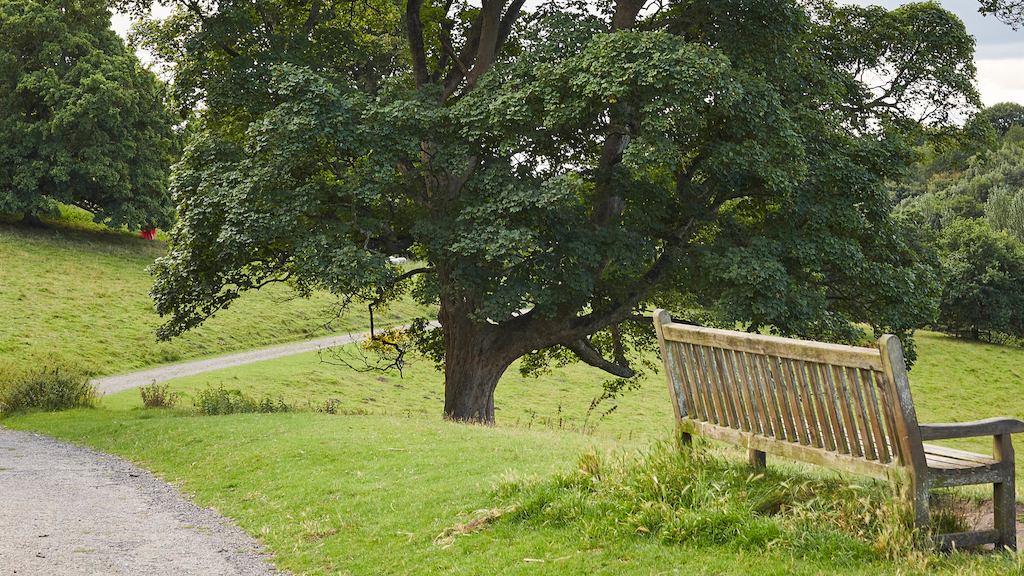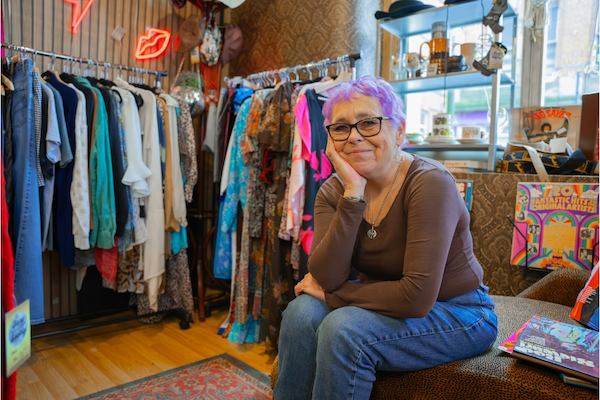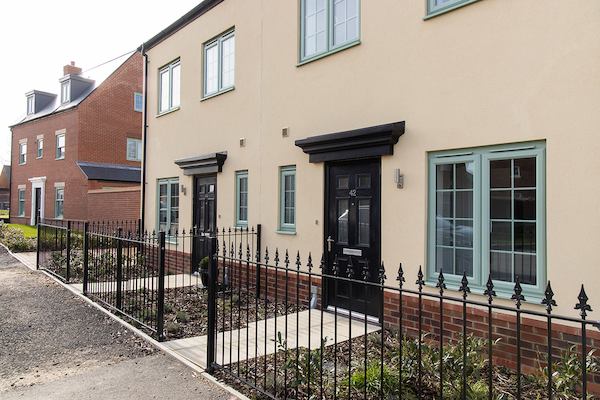Shirley's voice

Shirley, 60, from Essex talks about her Windrush heritage, the contributions the Afro-Caribbean community has made to the UK and life in Britain as she approaches later life.
I’m a 60-year-old woman of Caribbean descent, born in the U.K. in 1960. My parents were from the Windrush generation, originating from Barbados (dad, 90) and Montserrat (mother, deceased). Born in Islington I lived my formative years in North London. The family moved to what was then considered the suburbs – Walthamstow – in 1969, where I attended primary and secondary school. Living in Walthamstow was a culture shock as many of my relatives lived in Dalston, Stoke Newington, Finsbury Park and Highbury. I presently live in Goodmayes in Essex and this has been my residence for the past 21 years.
Even though I was born in the UK, I’m still asked where I come from. It’s ironic that if you’re from a certain background there’s no possibility of being British. Yet the Afro Caribbean community has contributed so much; the lifestyle, culture, fashion, economy, history, WW2 and still no recognition. Notting Hill carnival is the most popular event in the UK calendar; however, its conception and roots are forgotten. It was born out of prejudice and discrimination, yet it is now enjoyed by many. One thing I know about my community: we are resilient, determined, compassionate, and tenacious. We are a group of people who will always overcome in the face of adversity.
I recall many stories told by my parents of their trauma and hardship they faced living in this country. The discrimination and prejudiced they endured. They constantly reminded my sister and me that life will be an uphill struggle. We would need to work twice as hard as our British counterparts but they are making the sacrifices so we could have a better life.
I turned 60 this year, and I think what’s been happening this year is a lot of reflection from everybody. Lots of people I grew up with didn’t get to 60. So, I’ve been reflecting: did I tick all the boxes? What is it I want to do now?
The trouble is, once you get to 50, you’re written off. When you’re trying to get into work, even though you’ve got experience or you’re properly qualified, people don’t want to take you on.
When I was growing up, what I have noticed is that as a community we were very close-knit. You always had uncles, aunts and cousins around you. But over the years, as the older generation have passed away, the generation that was born here has drifted apart. We don’t stay as connected as we did before, and now it’s a concerted effort by individuals whether they want to do that or not.
As I get older, in the back of my mind what’s important to me is that my children are well, and that they’re not going to have to struggle or go through stuff I went through. There’s a lot of negativity around, but for me what’s important is having peace and relaxation, being able to do the things I want to do. Most people that I’ve spoken to have spoken about returning to Africa and reconnecting to their roots – or the Caribbean. I do think about it. I’ve always felt a disconnection even though I was born here, not feeling like I fully belonged. I don’t know if going to another country would make me feel any better.
For me, getting older is about doing all the things I’ve always wanted to do. I’ve always wanted to learn to learn to play the drums, and I started learning over lockdown. I used to be a fitness fanatic back in the day and I try to maintain that in some form – I do yoga and HIIT classes, and I love dancing. Staying fit and healthy is so important at this age.
I’m a retired secondary school teacher who, in moments of madness, mingles in the education circles as a supply teacher. Over the years I have not allowed my occupation to define me, learning new skills, knowledge and competencies’ in life coaching and mentoring.
This has opened the doors to venturing into the corporate world as a freelance workshop facilitator, teaching entrepreneurial skills to the next generation, working with the unemployed as a lecturer and working with over-50s seeking employment. I was actively involved with Ultra Education, a community-based organisation which taught the next generation to become entrepreneurs and start their own businesses.
The trouble is, once you get to 50, you’re written off. When you’re trying to get into work, even though you’ve got experience or you’re properly qualified, people don’t want to take you on. It’s been a challenge. Ten years on, at 60, it’s still a challenge. When you get to 50 all that’s offered to you is wills and funeral arrangements. That’s all you see for older people on TV. The perception of this age is based on perceptions from years ago – but the lifestyles of people in our 50s and 60s is not the lifestyle people had 30 years ago. We’ll be living into our 80s or longer! So we must make the most of it, stay fit and healthy, and make sure we’re doing all those things that are important to us.



